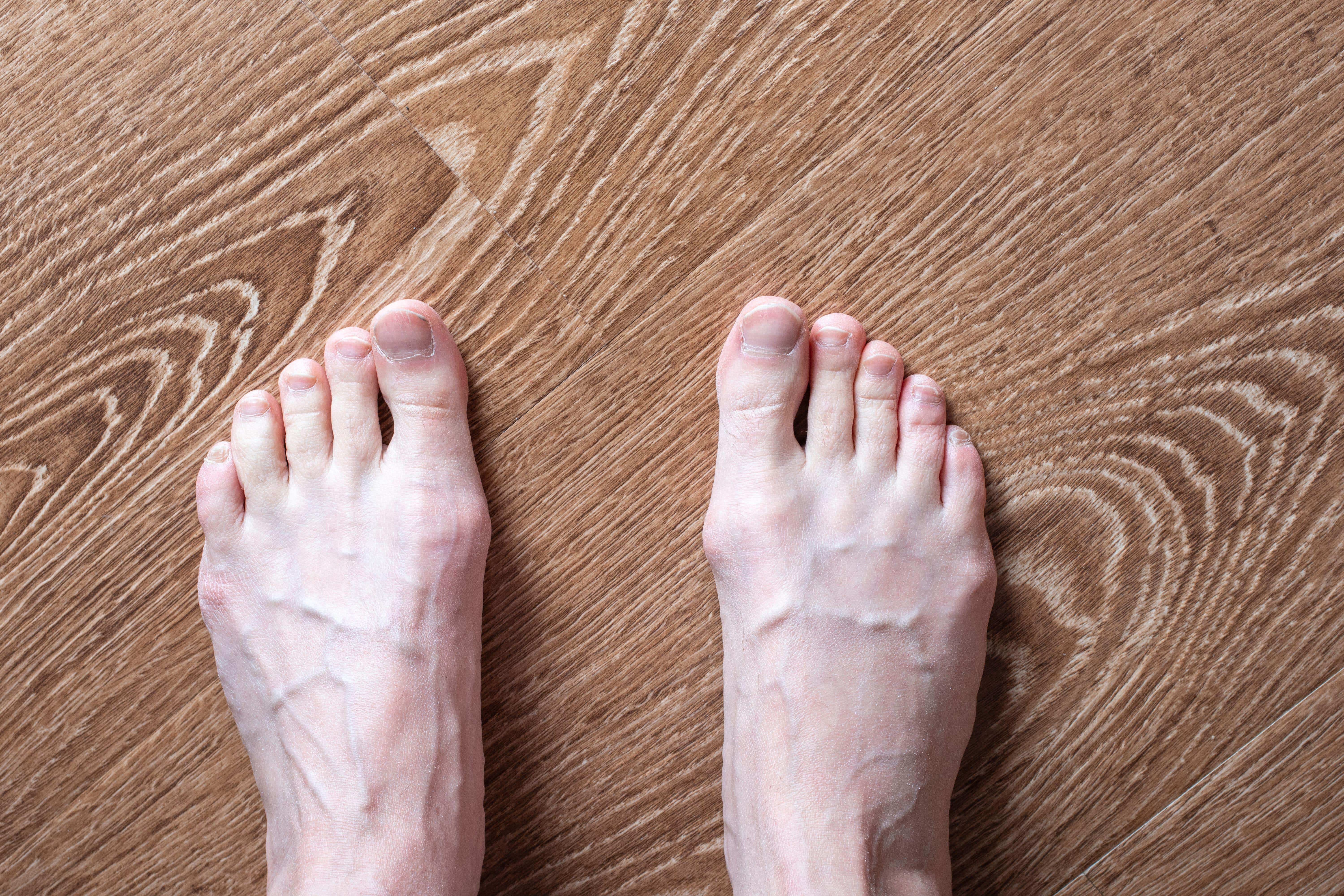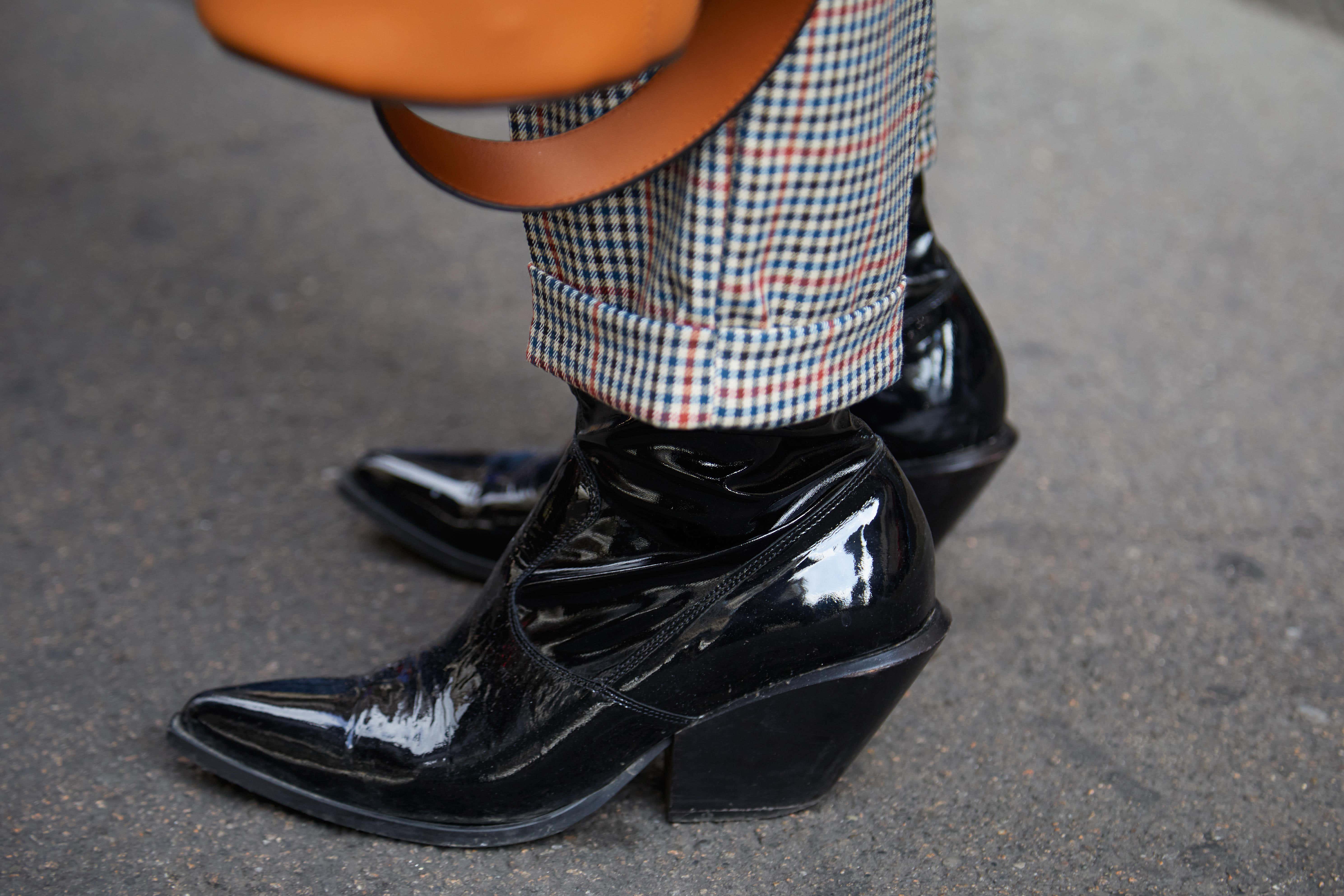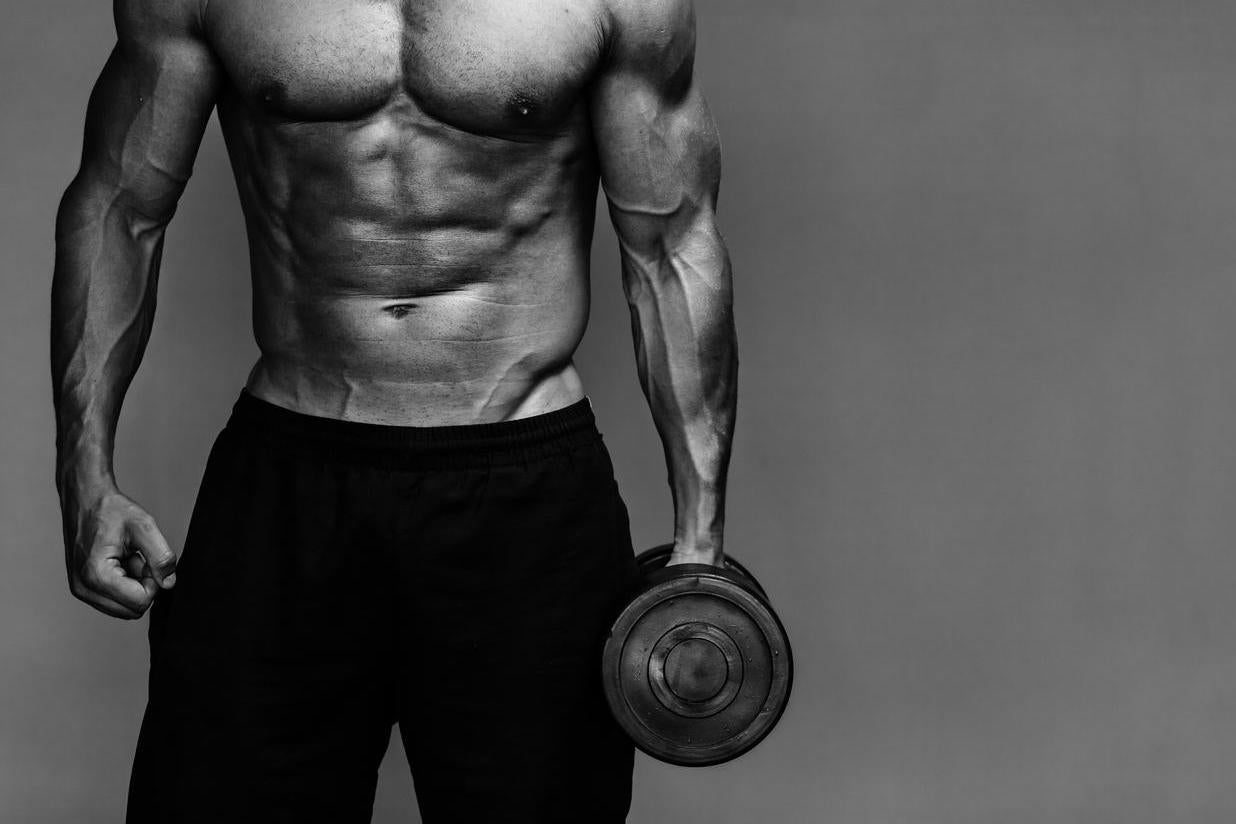Social media addiction is rising in young people – but how do you tell if your child is addicted, or just using social media more than you’d like them to?. The WHO report, which found rates of problematic social media use among adolescents increased from 7% in 2018 to 11% in 2022, says such use involves addiction-like symptoms including an inability to control social media usage, experiencing withdrawal when not using it, neglecting other activities in favour of social media, and facing negative consequences in daily life due to excessive use.
And it concludes that its data “raises urgent concerns about the impact of digital technology on the mental health and wellbeing of young people.”. Fernandes explains that using social media releases dopamine into the brain as a reward, and it’s experiencing this neurological response that encourages young people to use social media again. “Social media is complex in that it not only provides instant gratification via ‘likes’, it can be accessed 24/7, 365 days a year, which enhances the users’ desire to always be on these platforms in case they miss out on something happening,” he says.
“The user can disappear into the world of social media and live their life through everyone else’s online, making it incredibly difficult to value their own, real-world lives.”. It may often be up to parents to look out for signs of problematic social media use, he says, as children and young people themselves may find it difficult. “Being addicted to social media means having lost the power of choice,” he explains. “The user can’t help but go on to social media even when they know it’s negatively affecting their everyday life. In children especially, this self-identification might be more difficult, so it’s up to parents to watch their child’s behaviour to look out for the signs and symptoms of social media addiction.”.
Parents should observe their child’s behaviour when they’re not using social media, he advises, and ask if they can still get up, shower, eat and go to school, have a healthy, verbal conversation with you and their family or friends, are still doing well at school, and if they’ve spent any money that they shouldn’t have on social media. In addition, are you arguing with your child because of their social media use, are they getting enough sleep, and are they suffering from any physical withdrawal symptoms, like headaches and/or nausea, or do they seem physically agitated when they’re not scrolling through their phone?.
Fernandes says: “Observing the behaviour of the child when they’re not on social media will allow parents to better understand whether their child’s relationship with social media has become unhealthy and addictive in nature or not. And if they believe it has, it’s crucial for them to seek professional help and advice sooner rather than later.”. However, as UKAT residential rehab facilities only treat social media addiction in those aged over 16, for parents of younger children, Fernandes adds: “Our advice would be for parents to speak to their child’s GP about their social media usage. It might be that the GP can then signpost them further, or they might prescribe them a course of cognitive behavioural therapy (CBT) to begin with.”.
“If social media use starts to disrupt these areas, it could be a sign your child is spending too much time online,” he warns. “These signs can vary from child to child, so it’s important to talk about these to help them recognise their own warning signs, what to do in response, and understand when they should take a break.”. Gardner also suggests parents worried about the time their child spends on social media should find out what parental controls are available on each platform, and talk to their child about how to navigate social media responsibly.






















